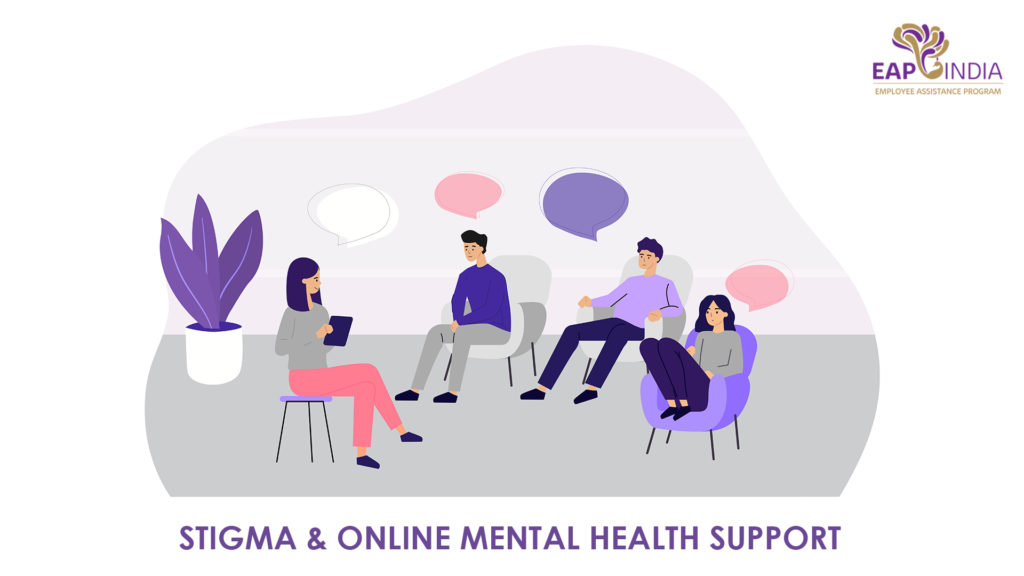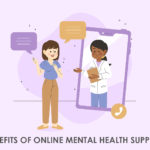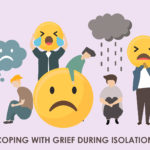What Is Stigma?
Stigma is when someone sees you in a negative way because you have a particular characteristic or attribute that is thought to be, or actually is, a disadvantage such as negative stereotype such as disability, cultural background, or a mental illness.
When someone treats you in a negative way because of your mental illness, this is discrimination.
When a person defines someone by their illness rather than who they are as an individual, then stigma is formed. For example, an individual might be labelled as ‘psycho’ or ‘retard’.
Stigma can lead to discrimination. For people with mental health issues, the social stigma and discrimination they experience can make their problems worse, making it difficult to recover. It could cause the person to avoid getting the help they need because they fear being stigmatized.
Mental Illness and Stigma
Mental illness is a global health concern. However, prevalence varies depending on a variety of factors such as:
- The instrument used to measure symptoms
- Developed versus less developed countries, and
- Whether the sample is high risk.
Approximately half the population with mental illness fail to get professional treatment despite regular contact with health care providers. One reason for this is that the stigma associated with mental illness can be a barrier to disclosing and looking for help.
External stigma is a negative attitude held by the general public towards an individual or group based on an undesirable quality, for example, mental illness. These negative social stereotypes can lead to labelling the individual as deviant or inferior. Consequently, discriminatory behaviour can occur toward the stigmatized group, for example, through social exclusion and marginalization.
Internal stigma can occur when stigmatized individuals agree with external stigma and apply it to themselves or they may feel external stigma is unreasonable yet still appraise themselves negatively. There are many detrimental outcomes of internal stigma including:
- Lower self-esteem
- Lower life satisfaction, and
- Avoidance of both disclosure and help-seeking behaviour.
High levels of internal stigma have been identified in approximately a third of people with severe mental illnesses.
Online Mental Health Support
Online mental health support refers to seeking help related to counselling or any other mental health service through the internet which mainly includes emails, chat rooms or Internet forums and virtual counselling rooms.
Online Counselling is also referred to as cyberspace counselling, e-therapy, e-counselling, online counselling and tele-counselling.
Seeking online mental health support can be effective in eliminating social stigma in different ways and allowing individuals to be completely anonymous.
- Seeking Therapy Online: for those who are uncomfortable with receiving therapy traditionally face to face, online counselling allows access to such services in private without having to visit the counselling centre. It may also allow the client to feel less stigmatized without having to be seen by others in the waiting room.
- Internet Forums: internet forums are online discussions where users can have conversations with others by posting messages. They have potential to be an acceptable aid to people with stigmatized conditions as they can use them anonymously, thus evading possible negative outcomes associated with stigma.
- Mental Health Forums: Forums for mental health have shown potential for helping people manage or recover from a various mental illnesses, in particular, depression. Benefits of such forums are social support, communicating experiences with others who share their illness, expressing emotions, group identity, can reduce isolation. There is some evidence that engagement with online forums has the potential to reduce stigma.
Conclusion
Online counselling may be considered effective in eliminating social stigma. It also offers an individual a range of assistance and helping them maintain clear anonymity that may benefit the individual in being more confident and assertive while asking for help. Internet forums, online mental health forums may be helpful in challenging stigma by providing useful tools in testing out symptoms and conversing about the stigma attached to mental health.




